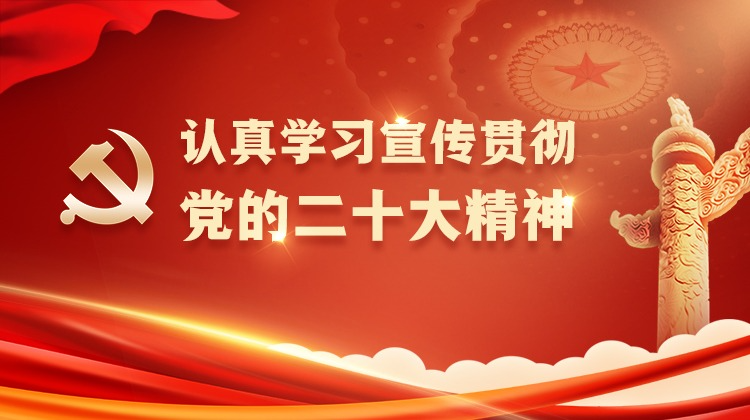
On the evening of November 24, Chinese President Xi Jinping spoke by phone with US President Donald Trump. This was their first conversation since their successful meeting last month in Busan, South Korea.
The call provided strategic guidance for both sides to further implement the agreements reached in Busan and to sustain the positive momentum in China-US relations. It also sent a clear message to the world about the importance of safeguarding the post-war international order and promoting global peace and stability.
High-level diplomacy between heads of state has always been a cornerstone of China-US relations. The Busan meeting was not only a historic milestone in bilateral ties but also a landmark event in international diplomacy.
Since then, both countries have actively worked to fulfill the leaders' agreements, helping bilateral relations maintain a generally steady and positive course.
Observers in both countries and internationally have noted that the US has removed the 10-percent "fentanyl tariffs" on Chinese goods, suspended the 24-percent reciprocal tariffs, paused implementation of the "Affiliates Rule" and halted the Section 301 investigation into China's shipbuilding sector. China has responded by suspending related countermeasures.
These developments confirm a truth proven time and again: cooperation between China and the US benefits both sides, while confrontation harms both. A future of shared success and prosperity is visible and within reach.
What has happened once again shows that the idea of mutual benefit through cooperation and mutual harm through conflict is a widely accepted reality. The vision of China and the US supporting each other's success is achievable.
The current positive trend in China-US relations did not come easily. It reflects the strategic leadership of both presidents and requires ongoing joint efforts to maintain. For these two countries to be partners and friends is a vital lesson from history and a practical necessity.
Both sides should build on this momentum, continue moving forward based on equality, respect and mutual benefit, expand cooperation, reduce conflicts and create new opportunities that benefit the people of both countries and the world.
The Taiwan question lies at the heart of China's core interests and is a red line that must not be crossed. During the call, President Xi reiterated China's firm stance, stressing that Taiwan's reunification is an integral part of the post-war international order. China and the US once fought side by side against fascism and militarism, and today they should work together to protect the hard-won victories of WWII.
President Trump acknowledged China's significant role in the victory of World War II and expressed understanding of the importance of the Taiwan question to China.
Communication between the two leaders is of great practical importance. Recently, Japanese Prime Minister Sanae Takaichi made provocative remarks on Taiwan, describing a hypothetical conflict as a "survival-threatening situation" for Japan and hinting at possible military intervention in the Taiwan Strait.
This not only violates the one-China principle but also blatantly challenges the post-war international order. Her remarks have already triggered international concern about Japan's seemingly cavalier strategic trajectory.
As major contributors to the victory in the World Anti-Fascist War and permanent members of the UN Security Council, China and the US share the responsibility to uphold and safeguard the post-war international order and firmly oppose any attempts to revive militarism or undermine regional stability and global peace.
Facing mounting challenges, China and the US must demonstrate their responsibilities as major powers. By adhering to mutual respect, peaceful coexistence and win-win cooperation, they can achieve shared success, making meaningful progress for both countries and the world.







 新华报业网
新华报业网














 Android版
Android版
 iPhone版
iPhone版




